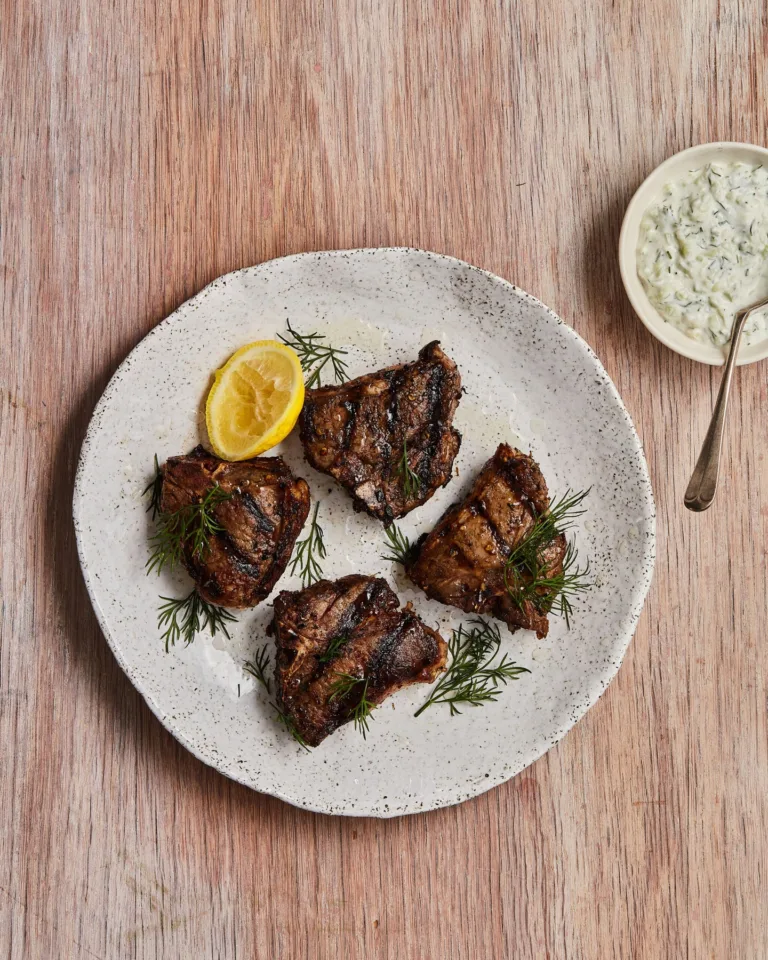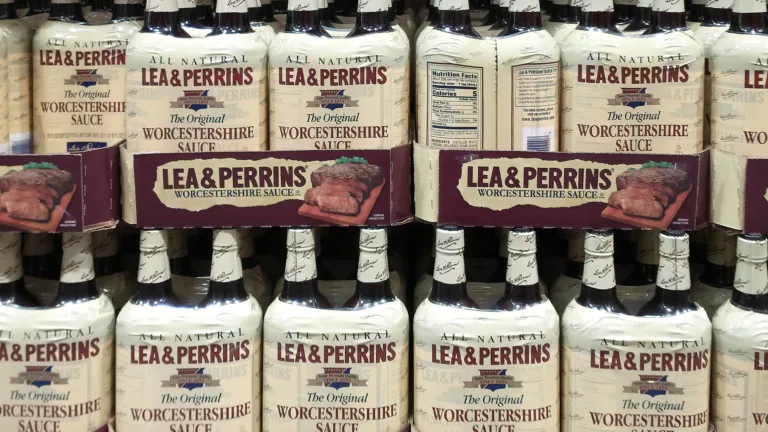A recent article in Punch argued that we must re-inject politics into wine: “Without politics, terroir is just soil.” The article’s pretext was that some sort of ideological power play has occurred over the last 50 years in which wine discourse has been falsely and perhaps dangerously divorced from political considerations. It’s just “natural” that wine should be enjoyed, apolitically. And that ideology deserves deconstruction, the author argues.
Of course, politicised wine is not to everyone’s liking. Two of the periods and places possessing the most extreme politicisation of wine were 18th century Britain (then newly formed) and 21st century Spain, three centuries apart. Both pertained to consumption of a particular wine from a particular appellation by particular people, who expressed their political feelings, protest, and opposition through wine. Both involved one national territory embedded within another.
The Jacobites’ Wine
The story in Britain provides a fascinating example of political wine, most profoundly represented by Bordeaux claret. Taking for granted the whole history of Eleanor of Aquitaine and how claret conquered English taste, we jump forward to the 17th century when the Scots and the French became best buddies. Long sojourns and educational terms spent in France became de rigueur for elites. All Scots, even the Highlanders, consumed vast quantities of cheap, light claret. Scottish trade networks supplied the demand. Then, oversimplifying a bit, just before the so-called Glorious Revolution, Château Haut-Brion pioneered a new style of claret: stronger, more extracted and phenolic, with substantial tannins. In an event of






